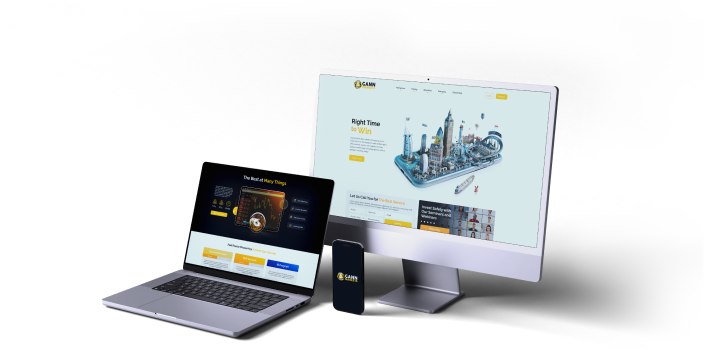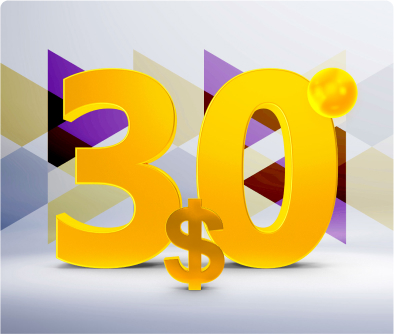Essentially, you will want the market to move in your favor. You can turn the odds in your favor by analyzing the market in various ways. Technical analysis includes trends, historical data and current market movements. It takes a more statistical approach to trading by thoroughly studying charts and indicators.
Alternatively, you have fundamental analysis that focuses more on important economic events and announcements that are likely to affect the market. Either way, you should try to capitalize on potential market movements with a formulated trading strategy, smart decision making, and smart money management. The total of your profit depends on the efficiency of your trading strategy.



